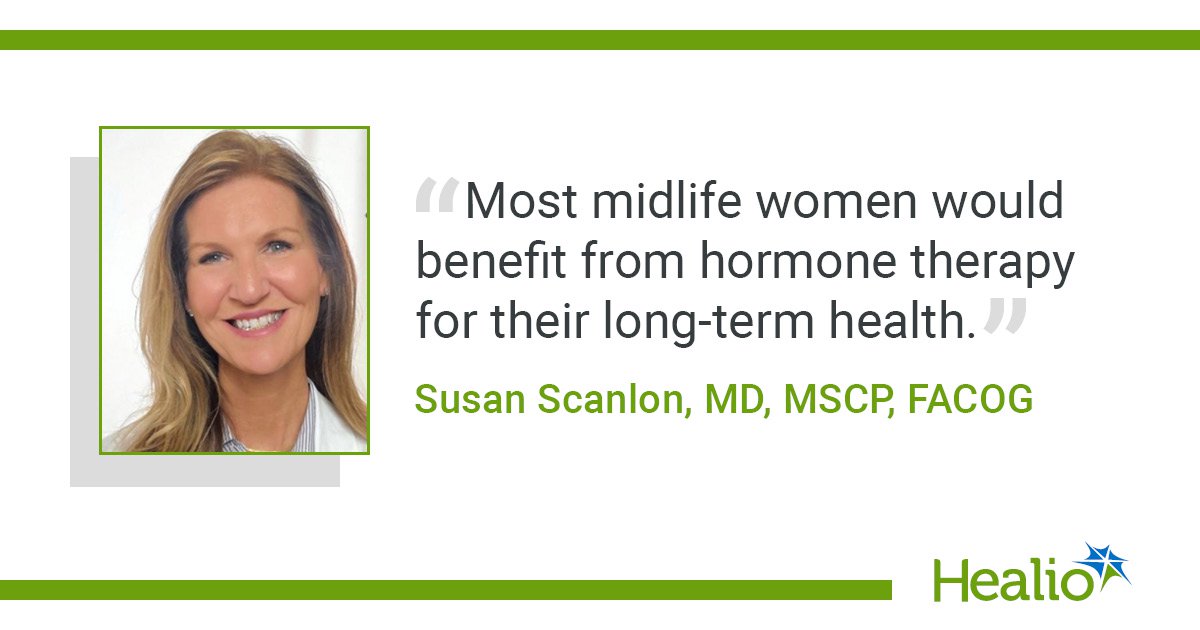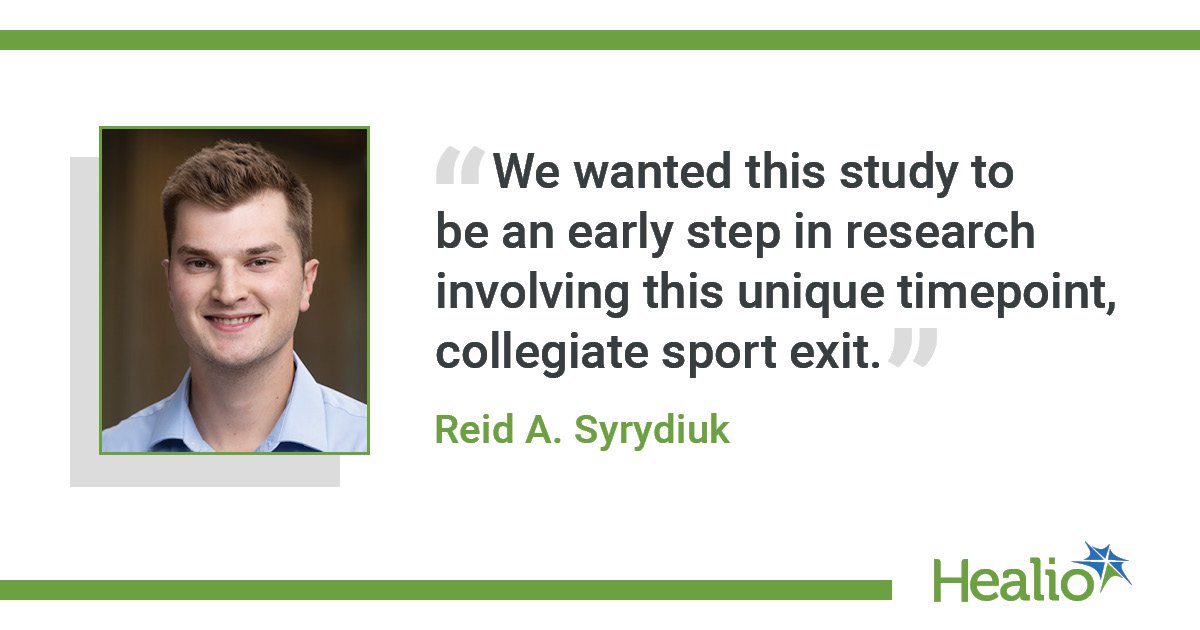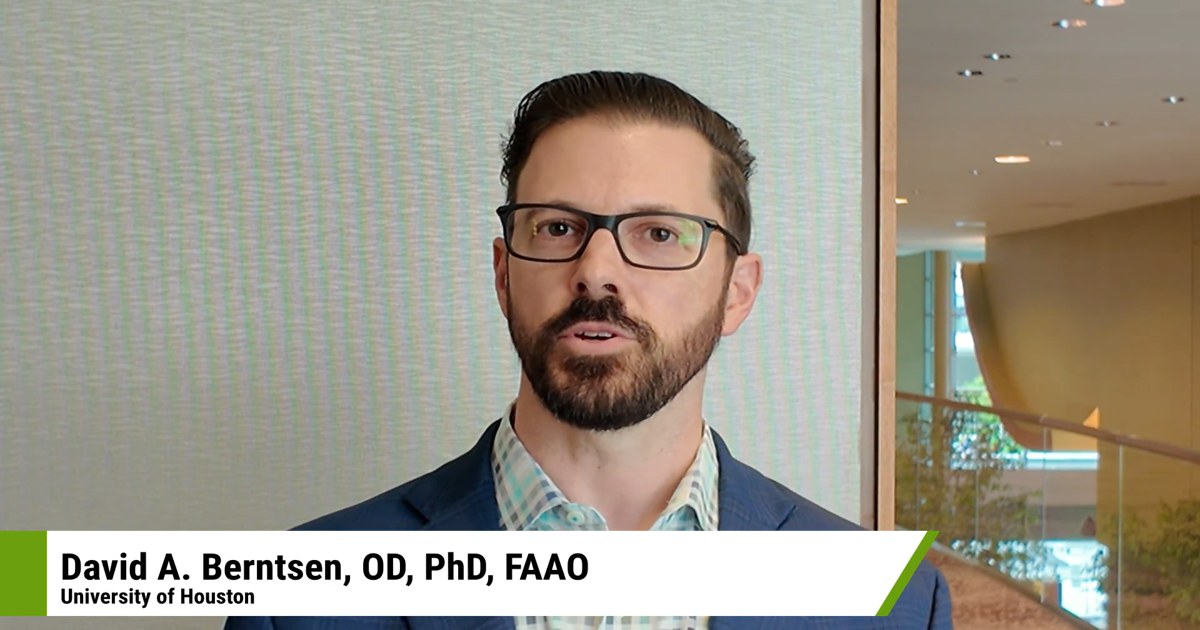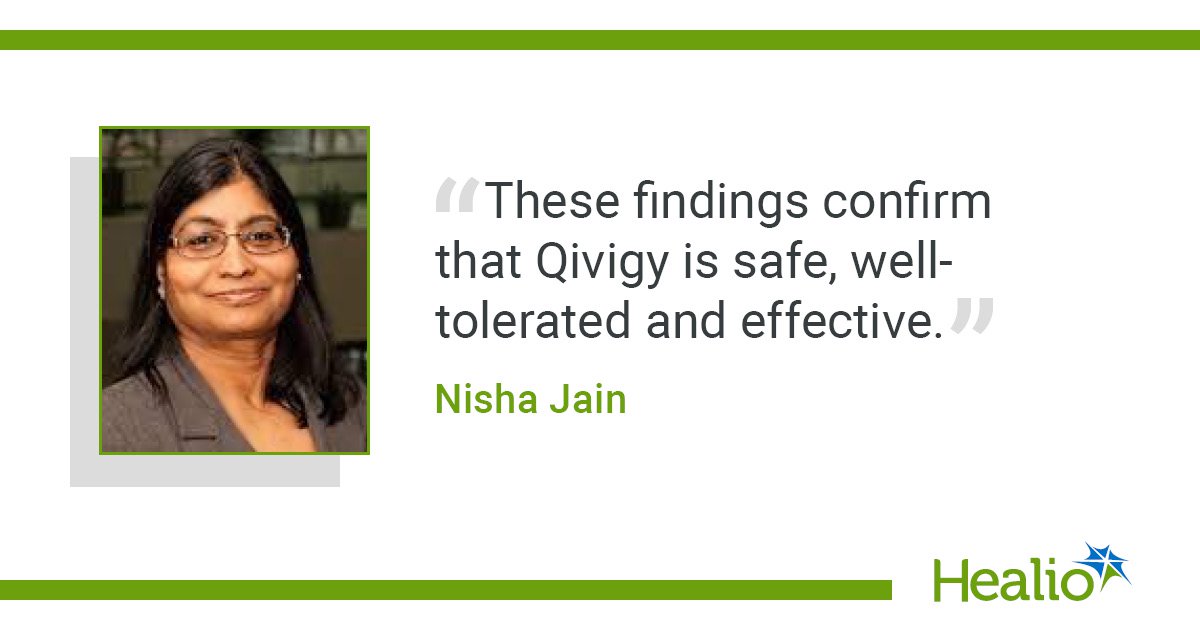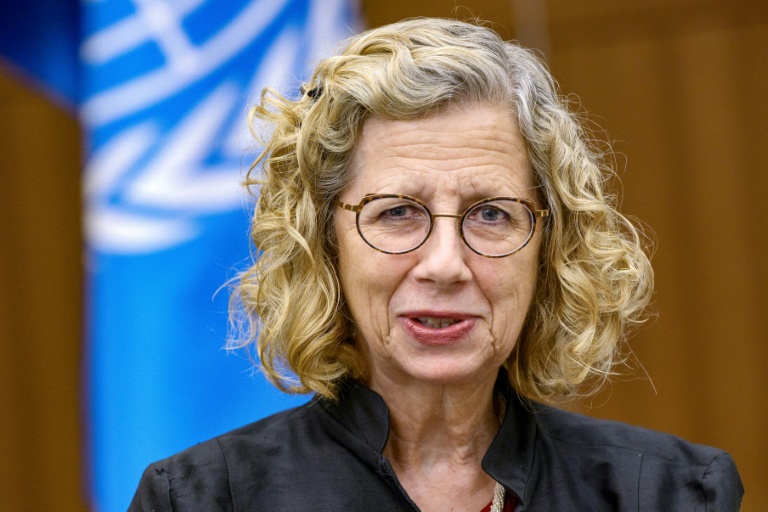October 10, 2025
4 min read
Key takeaways:
- Women in menopause face complex medical issues, making comprehensive care critical, an expert told Healio.
- The Menopause Society launched an initiative to educate providers about menopausal care.
October is Menopause Awareness Month, an initiative that aims to educate people about the physiological process of the condition, how it impacts women and ways to support them.
Awareness of menopause in clinical practice is rising, as indicated by an increase in formal diagnoses from 2018 to 2022, according to a report from the Health Care Cost Institute (HCCI).

Yet, menopause “remains one of the most overlooked and underserved areas in medicine,” according to The Menopause Society. The HCCI report revealed that only 25% of women who sought care for menopause-related issues received treatment.
The Menopause Society in June took action to combat this gap by launching their NextGen Now Initiative, a $10 million training program “designed to equip current and the next generation of health care professionals with the knowledge, tools, and support needed to improve the care of midlife women,” a press release said.
The Menopause Society noted their goal is to reach 25,000 health care providers (HCPs) over the next 3 years. According to the release, the initiative “will include development and implementation of curated and immersive training experiences for HCPs, study materials, scholarships, and new position statements and consensus recommendations, among other resources.”
Healio spoke with Susan Scanlon, MD, MSCP, FACOG, Menopause Society-certified practitioner, president and chairman of the Board of Midwest Center for Women’s HealthCare and medical director at Unified Women’s Healthcare, to learn more about gaps in menopause care, what the initiative means for HCPs and more.
Healio: Why is menopause one of the most underserved areas in medical education?
Scanlon: Traditionally, menopause has not been a primary topic in medical school and residency training. Only 31% of OB/GYN residency training programs have included menopause on the curriculum, and of those that do, most include only one or two lectures on the topic. This is most likely due to the misconception that the menopausal transition is just a normal part of aging, and therefore, the benefit of education about the growing medical risks to women during this transition has been overlooked. Thankfully, with recent greater awareness of the significant medical risks women face during menopause, such as heart disease and osteoporosis, the medical community is starting to expand its medical curriculums. My daughter is in her first year of medical school now at Emory, and menopause is on the curriculum.
Healio: What does the $10 million initiative mean for both current providers and future medical trainees?
Scanlon: The $10 million initiative was launched recently by The Menopause Society. For current providers, there will be an expansion of CME opportunities that will enable them to fill in the gaps in their knowledge base on menopause and midlife women’s health. The goal is for providers to have better training and education so they can provide the best possible proactive and preventive care to their patients, as well as combat the confusing misinformation that both providers and patients face. Financial resources will be allocated through this initiative to update menopause clinical guidelines and fund the CME programs.
For future providers (medical students and residents), the initiative aims at providing mentorship and specialized training in menopause. This will give future providers the skills they need to address the complex medical conditions many midlife patients experience. This can translate to better care and outcomes for patients.
Healio: What innovative tools are available to close knowledge gaps?
Scanlon: Tools available to close knowledge gaps include CME programs and mentor programs. Consider attending The Menopause Society annual meeting, learning about their NextGen Now initiative and registering to receive their practice pearls and position statements to help stay current with midline women’s health recommendations and guidelines.
Healio: Why is comprehensive, evidence-based menopause care critical to improving quality of life?
Scanlon: Women in menopause face complex health issues that can impact their quality of life, sense of well-being and long-term health, so comprehensive evidence-based menopause care is critical to help women lead their best and healthiest lives. From prevention of heart disease and osteoporosis to management of vasomotor symptoms and sexual health challenges, adequate research is needed, and dissemination of that information to all providers who take care of women is critical to helping women lead their healthiest and most satisfied life.
Healio: What is a common misconception about menopause in the medical community? What do you want providers to know about this?
Scanlon: A common misconception about menopause is that hormone therapy is dangerous for all women. This primarily stemmed from the early misinterpretation of the data from the Women’s Health Initiative released in 2002. As a result, so many women over the last 20 years missed the opportunity of the benefits of hormone therapy. For nearly 15 years, I have been a certified menopause practitioner through The Menopause Society, and the truth is that most women can use hormone therapy. There are a few guidelines and restrictions, such as breast cancer, clotting disorders and liver disease, but overall, most midlife women would benefit from hormone therapy for their long-term health and quality of life.
For more information:
Susan Scanlon, MD, MSCP, FACOG, can be reached at primarycare@healio.com.






